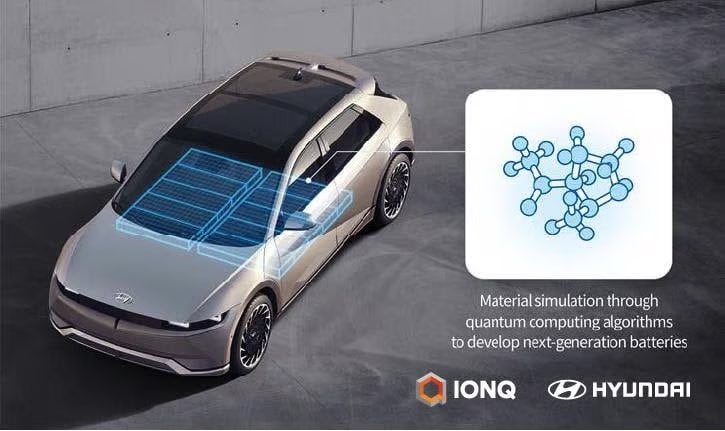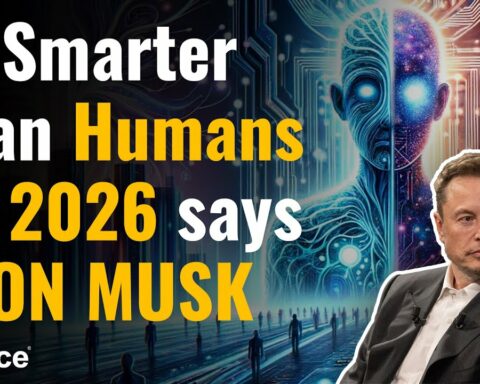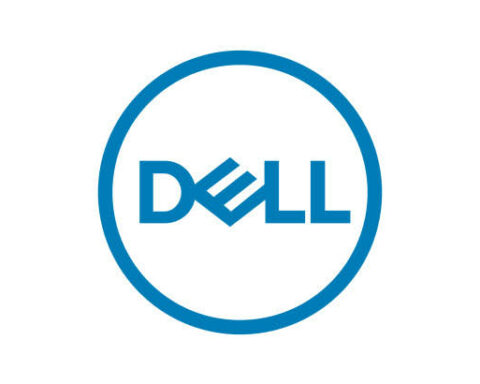For many tech firms, from sensor companies to chip designers to AI and software engineers, the future of autonomous and electrified vehicles holds immense promise. Don’t forget about quantum computing companies either. In search of near-term commercial opportunities where quantum computing and hybrid classical-quantum simulations might add value, they are increasingly turning to the automotive industry.
Working together for nearly a year is Hyundai Motor Company and IonQ, a business building its own quantum computers and counting both Hyundai and Kia among its investors. They initially concentrated on a project that utilised quantum computing tools to help model the chemical reactions that take place in electric vehicle batteries with the aim of optimising these batteries for longer periods of time while also being higher quality and less expensive.
Throughout 2022, the two have developed their collaboration. The most recent development of the partnership happened earlier this month as IonQ made new, more potent quantum computer models available, first its 23-qubit Aria machine and then its 32-qubit Forte. Hyundai and IonQ are now working on projects that concentrate on object identification for autonomous driving and the creation of machine learning algorithms in addition to the EV battery focus.
Quantinuum, which Honeywell founded and acquired a controlling stake in when it merged its own young quantum computing business with UK-based Cambridge Quantum Computing in 2021, is one of the numerous quantum startups specialising in automotive potential. This year, Quantinuum and Ford collaborated on a study that focused on chemical modelling using electric vehicle batteries. The two businesses this month published a paper on their research, which is comparable to the work done by Hyundai and IonQ.
Marwa H. Farag, a Ford quantum computer scientist, theoretical chemist, and computational modelling specialist, was a member of the research team that contributed to the publication. The fact that such a position exists within the carmaker itself demonstrates how seriously automobile companies are taking a look at quantum computing.
According to Jenni Strabley, Ph.D., Senior Director of Offering Management at Quantinuum, the EV batteries’ extraordinarily complex chemical compositions present a chance for quantum computing to make a difference—not just in the automobile industry, but also in other businesses.
“I would generally characterize the market activities as an interest across automotive and other verticals whose core business involves EV battery technologies to investigate new solutions for modeling the complex chemistry inside batteries,” she said, adding, “Breakthroughs in investigating the suitability of quantum computers for modeling complex battery chemistry will be very attractive for the automotive industries and adjacent markets which need EV battery technology. Even industries that aren’t necessarily looking at EVB technology but have chemical processes that are similar and are not accurately modeled with existing tools should be closely monitoring the disruptive capabilities of quantum computers on these types of problems.”








